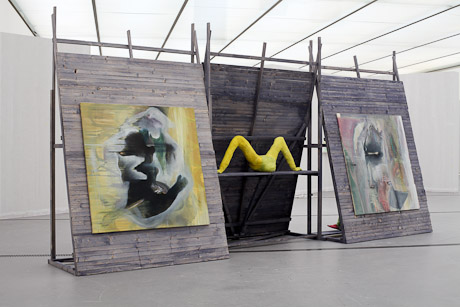 |
Who can live With outstretched hands 2010
MATERIALS:
EXHIBITION:
Daniel Domig's paintings focus on the complexity of human existence. He deals with its barely fathomable depths, with our attempts at communication, our dreams, our ultimate failure. In the manner of a psycholo- gist the artist analyses the psyche. His pictures function either hung on walls in the traditional manner or as »building material« for sculptures. Für die TRIENNALE LINZ wechselt Domig erneut in die dritte Dimension. Er errichtet eine Konstruktion, die auf den ersten Blick als Präsentationsfläche für die Gemälde dient. Wie vieles im Leben hat das Objekt zwei Seiten. Zuerst schreitet man die meterlange, leicht nach hinten gekippte Fläche aus regelmäßig aneinandergerei- hten Holzlatten ab. Ist man am Ende der Wand angelangt und blickt um die Ecke, also »backstage«, wird klar, dass es Domig nicht nur um die scheinbar perfekte Präsentationsfläche ging. Die Rückseite entpuppt sich als das Innenleben der gesamten Konstruktion. Eine Keramikfigur, überlang und feingliedrig, hängt verästelt in den Ver- strebungen des Holzgerüsts, als wolle sie es stützen und mit der Arbeit mitwachsen, was den Verlust der eigenen Körperlichkeit mit sich bringt. Kennt man die Rückseite, betrachtet man die Front plötzlich ganz anders. Die Fassade beginnt zu bröckeln und gibt ihr Innerstes frei. (Nina Kirsch)
RESOURCES (what is this?) "And when the hourglass has run out, the hourglass of temporality, when the noise of secular life has grown silent and its restless or ineffectual activism has come to an end, when everything around you is still, as it is in eternity - whether you are man or woman, rich or poor, dependent or free, happy or unhappy; whether you bore in your elevation the splendour of the crown or in humble obscurity only the toil and heat of the day; whether your name will be remembered for as long as the world lasts, and so will have been remembered as long as it lasted, or you are without a name and run namelessly with the numberless multitude; whether the glory that surrounded you surpassed all human description, or the severest and most ignominious human judgment was passed on you - eternity asks you and every one of these millions of millions, just one thing: whether you have lived in despair or not, whether so in despair that you did not know that you were in despair, or in such a way that you bore this sickness concealed deep inside you as your gnawing secret, under your heart like the fruit of a sinful love, or in such a way that, a terror to others, you raged in despair. If then, if you have lived in despair, then whatever else you won or lost, for you everything is lost, eternity does not acknowledge you, it never knew you, or, still more dreadful, it knows you as you are known, it manacles you to yourself in despair!" |
|
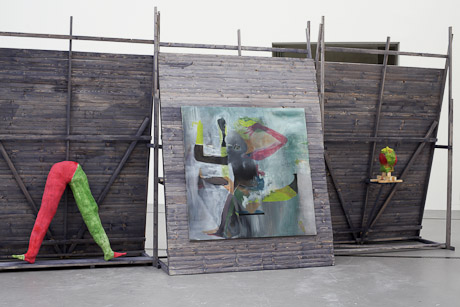 |
||
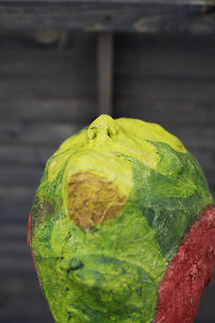 |
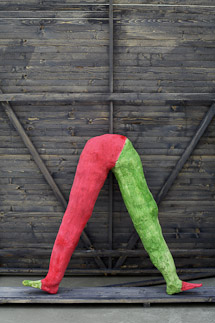 |
|
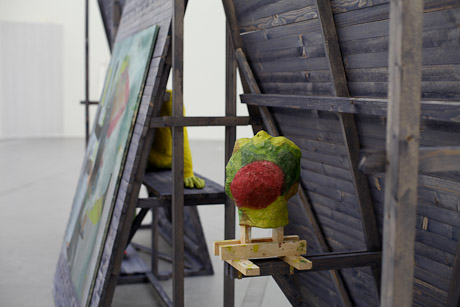 |
||
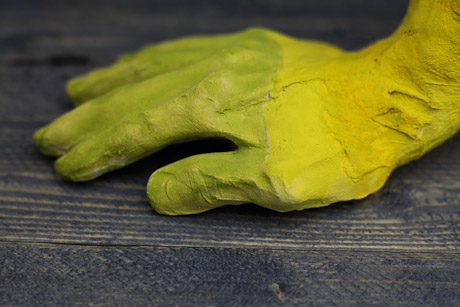 |
||
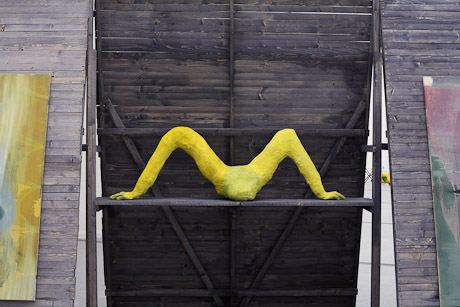 |
||
